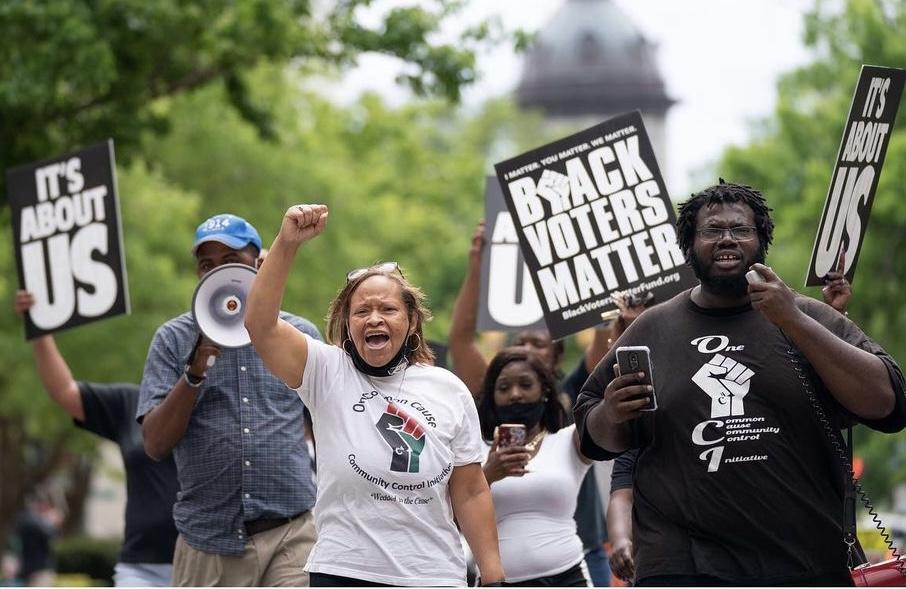On Mar. 25, 2021, Georgia’s Republican party passed and signed a 98 page voting law restricting voting access and directing more power to the Republican legislature. Many of the law’s regulations have raised concern due to the negative impact they will have on black communities and minority groups. The bill passed both chambers of the legislature in a span of a few hours, bringing new rules, regulations, and potentially drastic changes. Many Georgia legislators felt the need to pass this law after the election in November, 2020.
November marked the first Democratic victories since 1992 for the state of Georgia in both presidential and Senate elections. Republican legislators feel as though the new voting restrictions will ensure that every election is fair and secure, but others see it as a direct hit to the minority voting population.
The new bill includes numerous changes: giving voters less time to request absentee ballots, strict ID requirements for absentee ballots, a decrease in drop boxes, and it is now considered a misdemeanor to offer food and water to those waiting in long voter lines.
Georgia’s black population was a key factor in President Biden’s victory in November, as well as in the election of Democratic Senators. Long lines to vote are common in black neighborhoods, and preventing them from getting resources such as food and water will lower the voter turnout. People who are already in a compromised situation will now have less access to acceptable forms of identification, less time to make it to the polls during business hours, and fewer polling places to choose from.
Kiki Brabo, a senior and member of the Student Equity Team, stated that the bill is a large step back in the fight for social justice.
“Silencing minority votes is something that has been practiced in America for way too long,” Brabo said. “To see us going back to tactics such as not putting up ballot boxes in certain districts that have a high minority population is just another form of systematic oppression that many Americans face.”
Through the Equity Group, San Marin is working to create a campus focused on anti-racism. Neesha Patel, physics and leadership teacher, and member of the Teacher Equity Team, expressed that these restrictions are a blatant attempt to decrease the voter turnout to be in favor of only a portion of Georgia’s population.
“This is a disservice to a true democracy, and tells people that not all votes matter, only the ones they want,” Patel said. ¨By lowering voting access, the majority of voters will not represent the demographics of Georgia.”
Senior Emma Rice says that the voting restrictions are invalidating voting because the law will only be serving a select group of people, which goes against the foundations of our government.
“Preventing specific people from voting will discourage and alienate minority groups, turning them away from trying to vote.”

Black people marching at a protest for their voting rights after feeling unrepresented. San Marin students and staff feel that the Georgia voting restrictions are a step backwards for social justice.






































